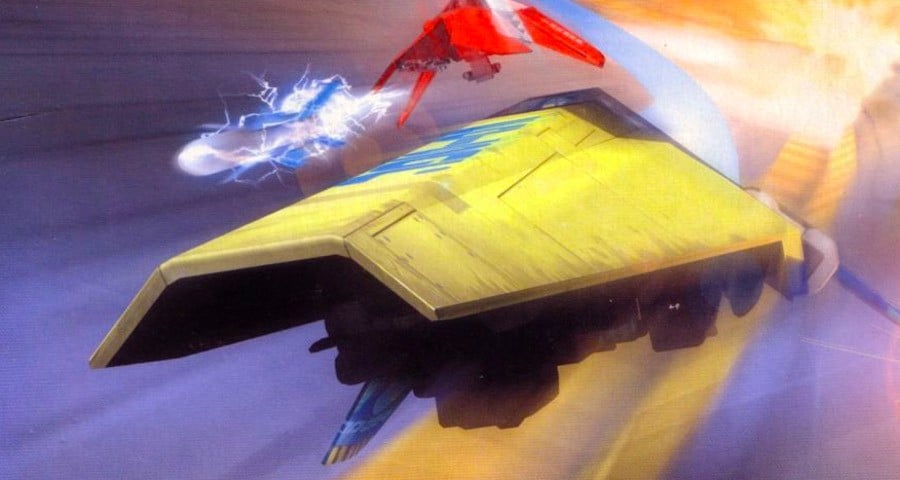
Chris Dring's utterly brilliant Game Business Show has just gone live with a bunch of comments from former Sony Computer Entertainment Europe staffers to celebrate 30 years of the console in the region, and one of the topics that came up was WipEout.
Released alongside the console in Europe, Psygnosis' anti-grav racer would become a crucial part of Sony's strategy when it came to winning over players and keeping Sega's Saturn at bay (even though, ironically, it would eventually come to that console too).
“I don’t think you could underestimate the influence on the brand of Wipeout,” says former senior producer Martin Alltimes. “It was a cool game.”
Former PlayStation PR guru Alan Welsman agrees:
“Without Psygnosis, it would be very difficult to see how PlayStation would’ve understood the market for video games correctly. Because Sony was a hardware business and Psygnosis, with Jonathan [Ellis] and Ian [Hetherington] who ran it, were a software business.”
However, while Psygnosis had Sony's trust, its somewhat maverick nature did cause some headaches – and bringing WipEout to Nintendo's N64 was a point of contention, it seems.
“Yeah, let’s talk about that. What was Psygnosis doing on the N64? Traitors,” Welsman says, with a laugh.
Former Psygnosis PR Glen O’Connell maintains that the Liverpool-based developer – which was founded in 1984 and was purchased by Sony almost a decade later in 1993 – always enjoyed its own autonomy:
“Psygnosis, whilst very much aligned alongside Sony, ran as an autonomous company. That was down to the founders. They loved the Psygnosis independent spirit. So, we carried on making games on other platforms. The first two Wipeouts principally were on PlayStation, but they appeared on the Sega Saturn, which I don’t think was an issue for Sony.
But certainly, at one of the E3s when it appeared on Nintendo… it just arrived on the booth. And there were some faces that were going… what’s going on here? That was down to Psygnosis managing to retain an autonomy to make the games they wanted. But… that maverick spirit perhaps created some challenges later on within the wider Sony group.”

